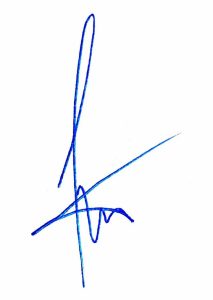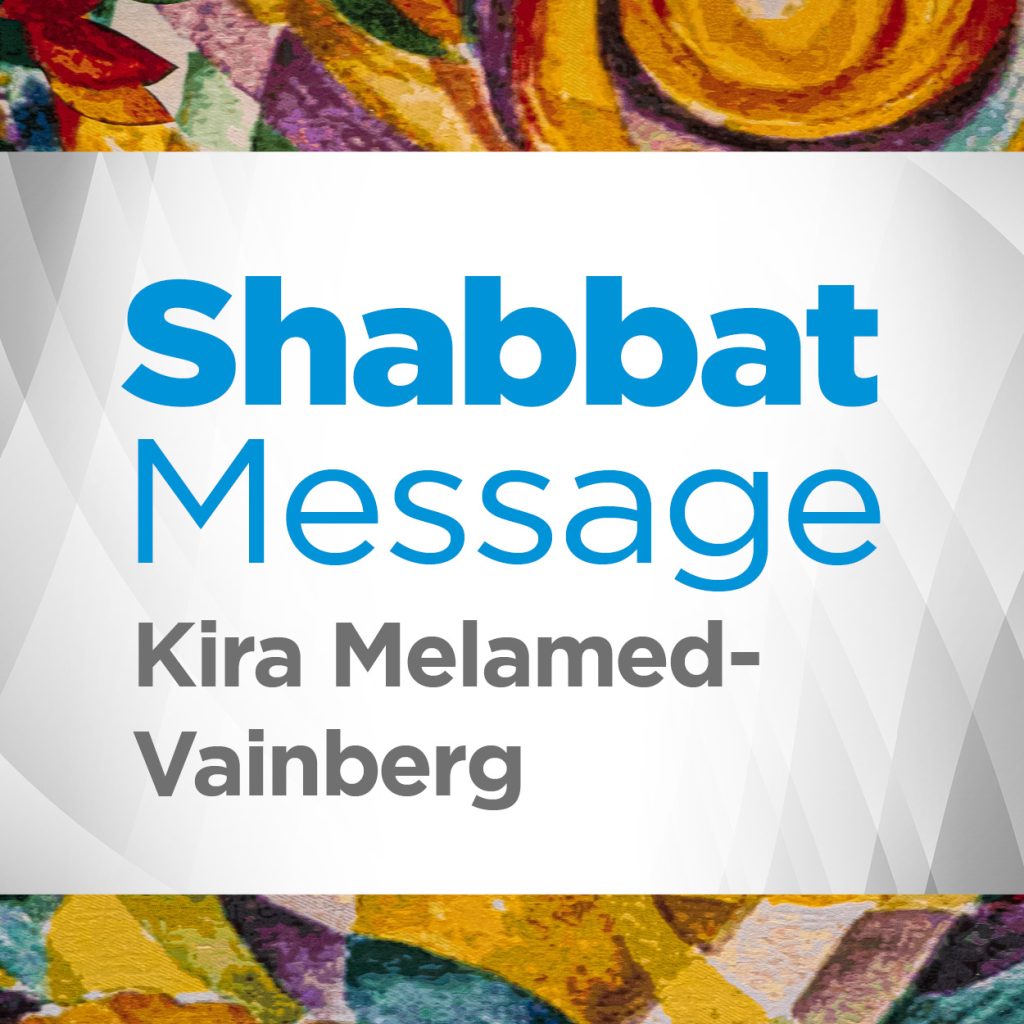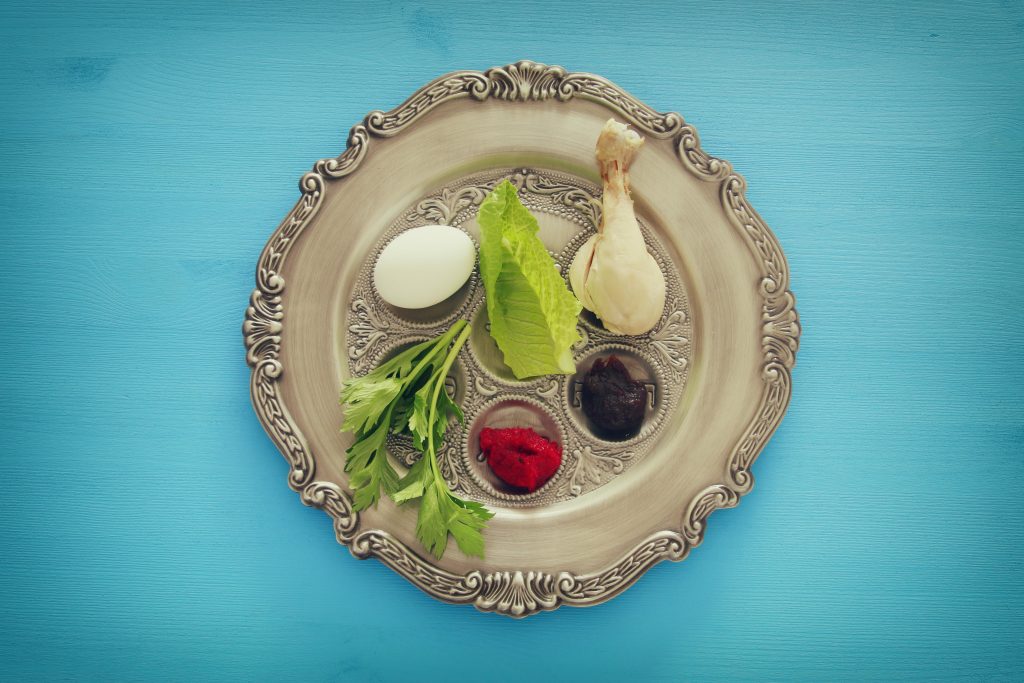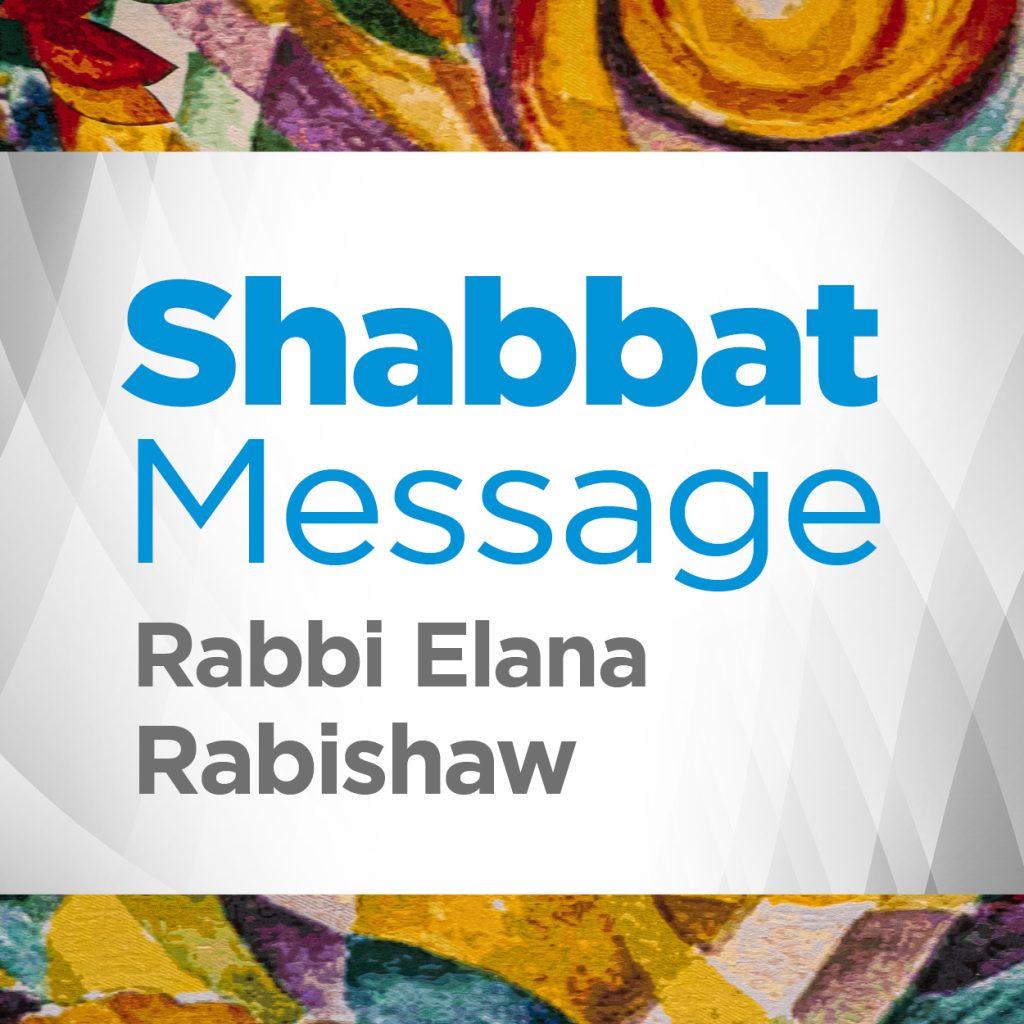For years, I have been wanting to adopt a meditation practice. I do it occasionally, but I have never been able to make it a steady daily routine. I am spoiled that way – I need a proper ambiance: nature, peace and quiet… However, people who meditate know that the intention comes from within – there are people who can meditate in a subway or in the midst of chaos.
Some of us who rarely take time to stop and contemplate life (and refuse to meditate because “it’s just not for me”) are more prone to do some “accounting of the soul” or rather “accounting of life” on the eve of a new year. Some make a list of resolutions, while others just ponder.
Am I content with everything in my life?
What am I lacking to be happy?
What is the change that I know I should make but haven’t had the courage to?
What am I hoping to achieve in the next year?
Some people plan their new year by looking up horoscopes, and others believe the future is already determined. But something we probably all share between the end of one year and the beginning of another is hope. When we revisit the year that passed, there are usually some things we are happy or proud about, that we would like to carry forward: maybe it’s a new hobby, or a fitness routine we managed to adopt, or an unexpected friendship. Having hopefulness and gratitude may help us take whatever good we have into the next year and provide inspiration or energy for any changes we may feel we need to implement.
But what is the essence of hope?
In her book Atlas of the Heart, Brene Brown claims that “hope is not an emotion; it’s a way of thinking or a cognitive process. Emotions play a supporting role, but hope is really a thought process made up of what [C.R.] Snyder calls a trilogy of goals, pathways, and agency.”
Brene Brown’s definition of hope reminds me of two opposing Hebrew terms often used to describe a situation. The first one is לכאורה (lich·ora) – which can be translated as “theoretically” or “supposedly”. The second one is למעשה (l’ma·aseh) – which means “in fact”, “in practice”.
So, when I think about it – when we hold a wish or intention in our hearts, it’s a “theoretical” hope, lich·ora (e.g., “I wish I were happier”); but once we come up with an actual idea that gives us a possibility of a solution – that creates a hope l’ma·aseh, – a plan for action or some internal resolution (e.g., “getting a dog will make me happier. I will check with the shelter tomorrow.”)
And here enters meditation.
Different spiritual leaders convey the following idea in various ways:
“A prayer is when you talk to God. A meditation is when God talks to you.”
Therefore, we could say that the hope lich·ora is our prayer, our message to the universe. And if we take time to pause, clear and open our minds to listen and create a space to receive – there is a good chance we will get a message back – from God, the universe or our subconsciousness. Then we may be able to get some hope l’ma·aseh – an inspiration, insight or guidance for the next step.
Shabbat is a time for some quiet, rest and reflection – a good time to meditate. On this first Shabbat of 2023, I’d like to invite you to take a few moments to review what you hope to take forward and translate those hopes into the realities you wish to see in your life.
Shabbat Shalom and Happy New Year!

Kira Melamed-Vainberg
Cantorial Associate
Temple Beth El of Boca Raton









